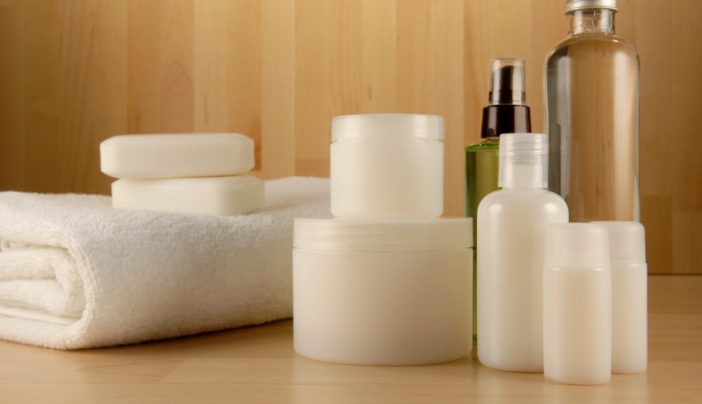
Have you ever wondered if your beauty products could be increasing your risk of cancer? The answer is not so clear-cut. While certain chemicals found in beauty products may have the potential to disrupt your hormonal system and increase the risk of hormonally-driven cancers, there is currently no definitive link between these products and cancer. However, it is essential to stay informed and take proper precautions to minimize any potential risks.
Hair Dye: The Uncertainty
Hair dye products contain a variety of chemicals, some of which have been linked to cancer. However, it is still unclear whether the remaining chemicals in hair dye pose a significant cancer risk. Research on the topic has produced conflicting results, making it challenging to determine the extent of the potential danger. To find out if your favorite hair dye contains cancer-causing chemicals, refer to the National Toxicology Program’s 13th Report on Carcinogens.
Hair Straightening Products: Proceed with Caution
Certain hair straightening or smoothing products, such as the Brazilian Blowout, contain formaldehyde, a known carcinogen. If you work in a beauty salon and are regularly exposed to formaldehyde in the workplace, the risk of cancer may be higher. However, as a customer using hair straightening products with formaldehyde, your cancer risk is relatively low. Nonetheless, it is recommended to decrease exposure to known carcinogens as a precautionary measure due to the unclear long-term health effects.
Bath and Body Care Products: Hidden Dangers
Many bath and body care products contain chemicals that act as endocrine disruptors, potentially interfering with your hormone and immune systems. The carcinogen 1,4-dioxane has been found in a significant percentage of personal care products, including shampoos, soaps, and lotions. It’s important to note that 1,4-dioxane is not listed on product labels, and it can be present in chemicals such as PEG, polyethylene, and polyoxyethylene. While most manufacturers have removed known cancer-causing chemicals from baby care products, adults may still be at risk. Additionally, fragrance additives in personal care products often contain endocrine-disrupting chemicals, allergens, and neurotoxins.
UV Nail Lamps: A Cause for Concern?
UV nail lamps, commonly used in nail salons to speed up the drying time of polish, have raised concerns regarding their potential link to skin cancer. While there have been reported cases of individuals developing skin cancer on their hands after using UV nail lamps, the risk remains relatively small. More research is needed to establish a clear connection between UV nail lights and skin cancer. In the meantime, it is advisable to consider non-UV alternatives for drying your nails, especially if you frequently visit salons.
Make Wise Choices for Your Health
Your beauty should never come at the expense of your health. While the direct link between beauty products and cancer is not yet established, it is crucial to be proactive and make informed choices. Educate yourself about the ingredients in your products and check for any potential warnings. If you come across ingredients you cannot pronounce or are unfamiliar with, exercise caution and seek more information. Organizations like the Environmental Working Group (EWG) offer a cosmetic database that can help you make more informed decisions.
Remember, beauty and health go hand in hand. Stay informed, be mindful of the products you use, and prioritize your well-being.
FAQs
Q: Are beauty products directly linked to cancer?
A: Currently, there is no definitive direct link between beauty products and cancer. However, certain chemicals found in these products may have the potential to disrupt your hormonal system and increase the risk of hormonally-driven cancers.
Q: How can I minimize the potential risks associated with beauty products?
A: Stay informed about the ingredients in your products, check for any potential warnings, and consider avoiding products that contain known cancer-causing chemicals. If you are unsure about a particular ingredient, proceed with caution and seek more information.
Conclusion
While the relationship between beauty products and cancer is still being researched, it is essential to stay informed and take precautionary measures. By being mindful of the ingredients in your products and making informed choices, you can prioritize your health without sacrificing your beauty. Remember, your well-being should always come first.